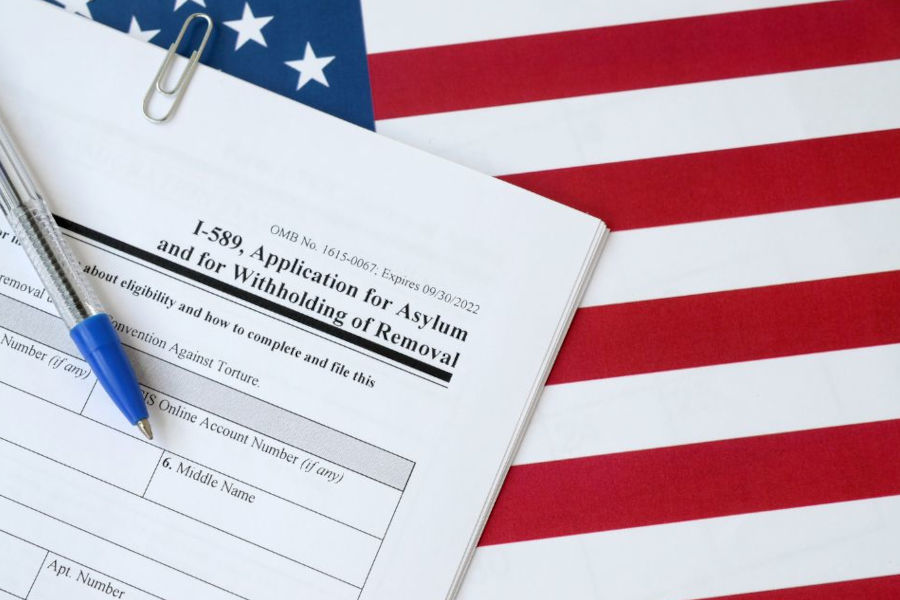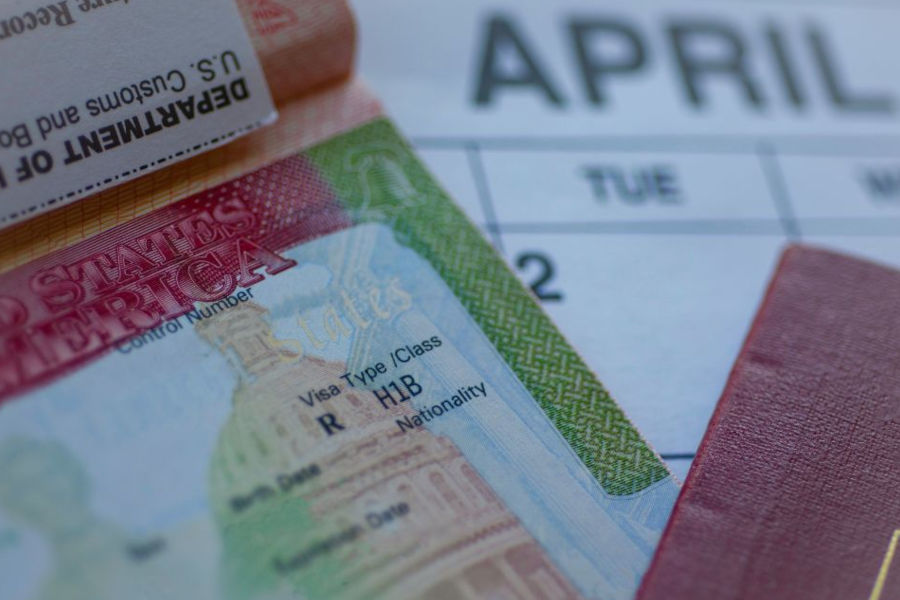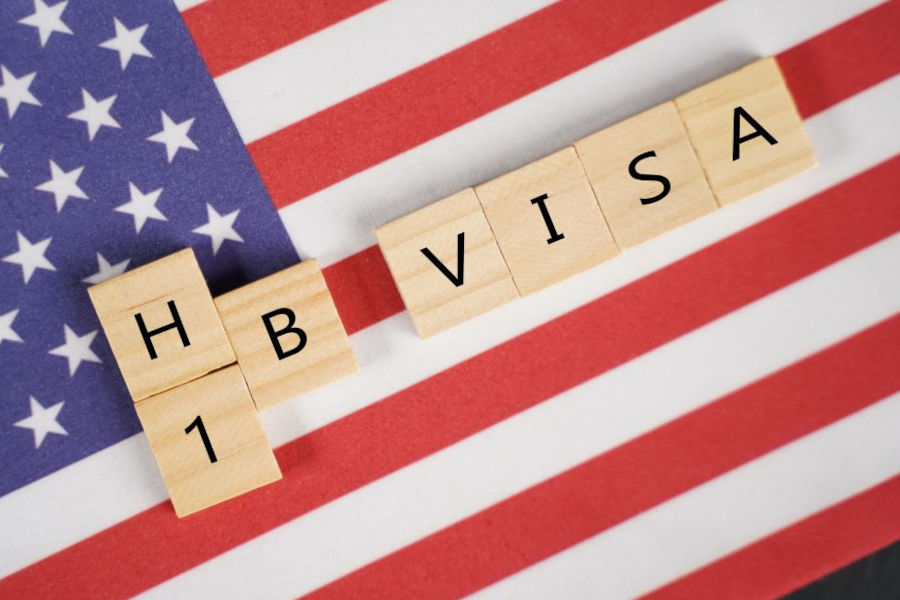Most family-sponsored immigrants are now required to have a petitioner sign an Affidavit of Support (USCIS Form I-864) who becomes a sponsor for an intending immigrant. That form will likely become more complicated next month. Additionally, the new form will require that sponsors give up more rights.
The Affidavit of Support is a contract between the person sponsoring the intending immigrant and the United States. It is used to demonstrate that the sponsor earns more than 125% of the Federal Poverty Limit. It also allows the federal government, or state or local governments, to sue the sponsor if the person that they are sponsoring unlawfully claims certain government benefits.
On April 10, 2020, USCIS announced its intention to make significant updates to Form I-864. If USCIS proceeds to update the form next month, sponsors will be required to provide their personal bank account information. They will also be required to have their signature notarized before submitting the form to USCIS.
USCIS has updated the form to include language that is clearer—perhaps with the goal of deterring the submission of forms. Some of the clearer language might make the agreement easier to enforce or reject. For example, the draft form includes many more paragraphs explaining that the form is a contract between the sponsor and the United States. The new form also requires that the sponsor submit to the jurisdiction of any court in the United States. This means that claims against the sponsor that might not have been allowed to proceed because of jurisdictional requirements might now proceed, because the new form requires that the sponsor waive certain rights.
But it doesn’t end there. The new form also requires that the sponsor agree to allow the Social Security Administration and other agencies to share information with the Department of Homeland Security and/or the Department of State. The extent to which the sponsor’s privacy is waived becomes broader if the person they are sponsoring applies for means-tested public benefits.
Additionally, the draft form notes a civil penalty that USCIS will impose if the sponsor does not notify the agency within 30 days of moving.
Furthermore, the new form notes that household size may include people not living with the sponsor (e.g. college students). This is significant because a larger household size increases the income required.
In addition, the new form and instructions warn that improperly completed forms, or forms submitted without proper evidence may be denied or rejected.
If the form is updated, the new version will be more intrusive and harder to complete. These changes make it even more imperative to retain experienced immigration counsel.
This information is intended to educate and should not be taken as legal advice.
Written by Francis Law Center Staff Daniel Lurker










